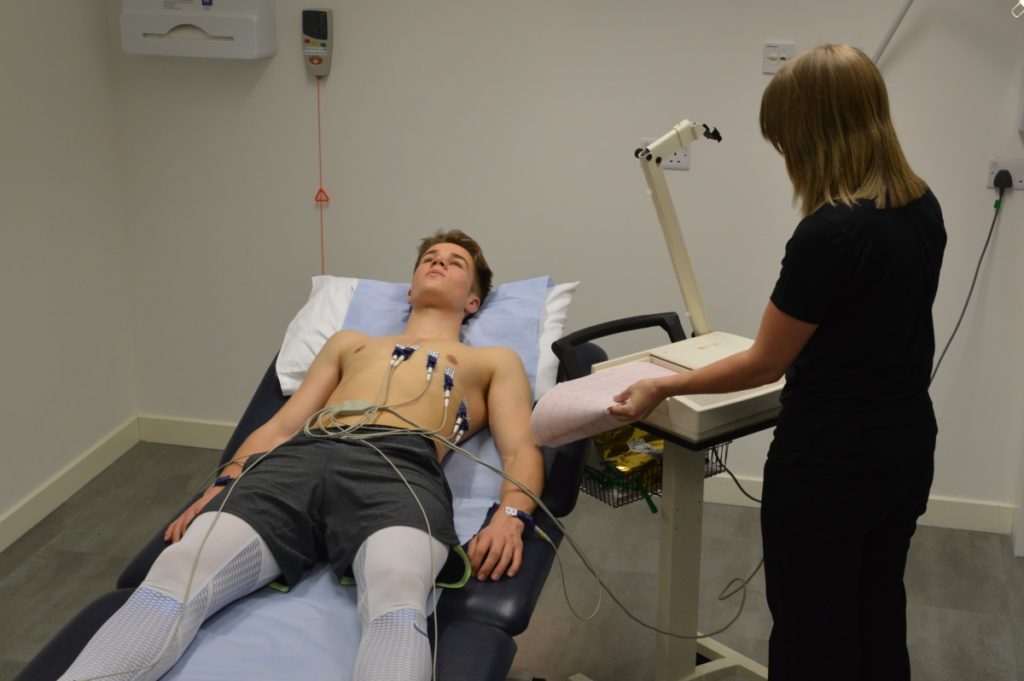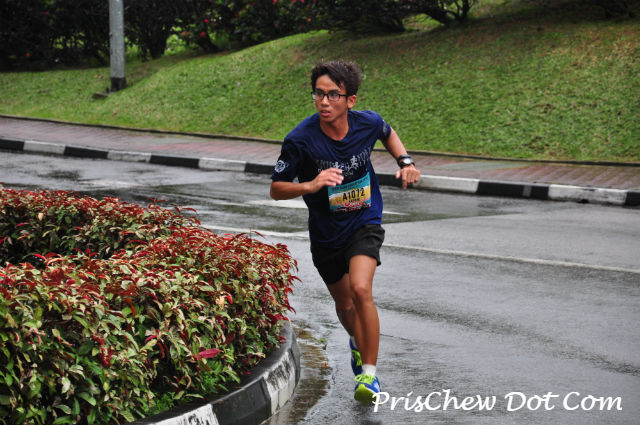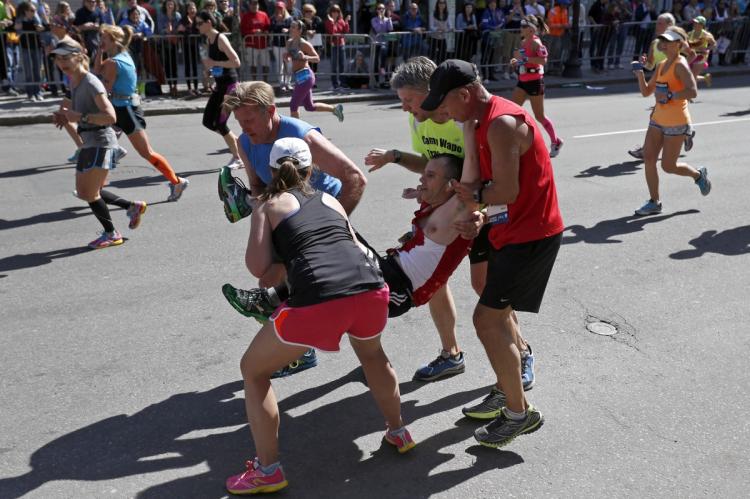It’s always sad when we hear about young athletes passing away without warning during sports. It becomes even more tragic when we realise that sometimes, these athletes can be amongst the fittest people whom we may know. Such deaths are usually due to sudden cardiac arrest and typically affects 1 in 8,000 to 1 in 50,000 athletes per year.

How can you prevent sudden cardiac arrest among athletes?
Sudden cardiac arrest, as the name suggests, takes place when the heart stops beating. Said Dr Leslie Tay, a cardiologist practising at the Mount Elizabeth Hospital Singapore, “A sudden cardiac arrest occurs when the heart suddenly stops beating. The person will collapse to the ground and would be unresponsive and not breathing. Blood flow to the vital organs and brain stops and if left untreated, death will occur within minutes.”
Usually happens in people with pre-existing heart conditions
According to Dr Tay too, sudden cardiac arrest usually happens when a person pushes himself or herself to the finish line, and this results in an adrenaline rush that triggers irregular heartbeats, which in turn, leads to sudden cardiac arrest. It commonly happens in people who have pre-existing heart conditions.

Dr Leslie Tay
Sudden cardiac arrest in athletes above 35 years old are more commonly associated with coronary heart disease and heart attacks.
But in younger athletes, this generally happens due to cardiac abnormalities, of which the most common is hypertrophic cardiomyopathy (HCM) – which occurs when part of the heart muscle becomes abnormally thick and disrupts blood flow. This causes the heart muscle cells to become disorganised at the same time, creating a deadly heart rhythm and eventual death.
Symptoms to watch out for
What symptoms can athletes look out for? According to Dr Tay, these can include breathlessness, chest pain, heart palpitations, fainting spells or loss of consciousness – during training or competition.
Additionally, Dr Tay also stressed that you should consult a doctor if you have a family history of diabetes mellitus, hypertension or hyperlipidaemia (When the concentration of triglycerides or cholesterol in your blood is too high) or sudden cardiac occurrences.
Precautions
And what precautions can athletes taken against sudden cardiac arrest? Said Dr Tay, “There are two main precautions for athletes.”

A pre-participation heart screening in action.
Do a pre participation screening prior to activity
Continued the doctor, “First would be to ensure you have a healthy heart to begin with and this is done through a pre participation screening evaluation. This evaluation ensures you have a normal heart structure and function and checks that there are no significant blockages in your heart arteries. If pre participation screening shows that you have a healthy heart, your risks are the same as the general population.”
He pointed out that no pre participation screening can totally eliminate the risks of a heart attack. Said the doctor, “The tests can pick up known problems where necessary treatment can then be administered to prevent sudden cardiac arrest. In many people who suffered from a sudden cardiac arrest, they were subsequently found to have cardiac problems which, if picked up earlier and treated, could have prevented the cardiac arrest to begin with.”
Have a gradual training programme

Increase your training at a gradual pace.
The second precaution, continued Dr Tay, is to have a gradual training programme and do not push your body beyond your limits. He explained, “Increase training intensity at a gradual pace.”
A gradual training programme, according to Dr Tay, should be appropriate for the activity that you are taking part in and there should be time to build up the intensity gradually. For a full marathon, runners who are not conditioned to cope with the distance, should begin training for at least six months ahead of the race, and even earlier if you are a beginner at running.
Adequate Hydration
Added the doctor, “During an endurance event, ensure adequate hydration.”
He explained that because you lose a lot of fluids during an endurance event, you need to fuel your body with fluid to prevent dehydration. Dr Tay also pointed out that the body goes through several stages of dehydration during the course of the race, and the body loses blood in addition to water. So to prevent a lack of oxygen supply, he reiterated the importance of fuelling your body with water throughout the race.

Hydrate well.
How do you know you are pushing beyond your limits?
Dr Tay also stressed that athletes should not push their bodies beyond what they are capable of. Said the doctor, “Do not push yourself beyond your limits especially towards the end of the race when you are already tired and dehydrated.”
But how do you know you are pushing beyond your limits, though? Added Dr Tay, “I believe in listening to your body. It is the best indicator of your limits. If you are tired and exhausted, do not push further. Take your foot off the accelerator and recover. If you are unwell during training or a race with symptoms such as chest pain, shortness of breath or dizziness, then stop and get yourself examined before continuing.”
But what to do if you see someone collapse?
Dr Tay also added that if you see someone collapse in front of you, then you should call for help immediately. He said, “As bystanders, first call for help and get a quick response ambulance.”

What if you see someone collapse at a race?
He added, “Second, knowing Basic Cardio Life Support (BCLS) can mean life or death for the patient. Administering BCLS can mean that the brain and vital organs can still receive blood while waiting for the paramedics to arrive.”
This article has been modified from https://www.mountelizabeth.com.sg/healthplus/article/how-to-win-the-race-against-sudden-cardiac-arrest. Some information was also obtained from Dr Tay himself.

Leave a Comment